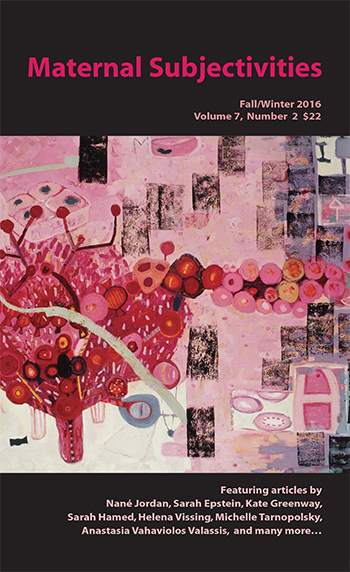If the Exosuit Fits: Becoming the Alien Queen in Alien and Aliens
Abstract
Historically, Ridley Scott’s Alien (1979) and James Cameron’s Aliens (1986) have attracted an exorbitant amount of scholarship focusing on the numerous representations of the maternal body scattered throughout the pair of films. However, the majority of criticism tends to restrict the narrative in each film by structuring it as a binary opposition between Ellen Ripley and the Alien Queen, each seemingly embodying the role of “good” and “bad” mother respectively. In this article, I argue that the relationship between these two maternal figures is not so easily reduced to the strict dichotomy between “good” and monstrous body; in fact, it is one of subjection. The following article incorporates Barbara Creed’s scholarship on Scott’s Alien to illustrate that the first film in the franchise pays close attention not only to the primordial archaic mother of the pre-Symbolic, but to how the traumatic experience of birth is internalized in the psychic realm. Furthermore, this article explores how this very experience of abjection facilitates a “turning toward” phallic Law in order to assuage the trauma of the originary loss. Using Judith Butler’s theory of homosexual melancholy, I argue that the Alien Queen in Cameron’s Aliens is not merely a horrifying phallic mother but an Absolute Subject of maternity that Ripley must embody to be recognized within the phallogocentric network of representation.
Downloads
How to Cite
Issue
Section
License
All intellectual property in relation to material included on this site belongs to the Motherhood Initiative for Research and Community Involvement (MIRCI). All material on this site is protected by Canadian and international copyright and other intellectual property laws. Users may not do anything which interferes with or breaches those laws or the intellectual property rights in the material. All materials on the Motherhood Initiative for Research and Community Involvement (MIRCI) are copyrighted and all rights are reserved. Any reproduction, modification, publication, transmission, transfer, sale, distribution, display or exploitation of the information, in any form or by any means, or its storage in a retrieval system, whether in whole or in part, without the express written permission of the Motherhood Initiative for Research and Community Involvement (MIRCI) is prohibited. Please contact us for permission to reproduce any of our materials. This site may include third party content which is subject to that third party's terms and conditions of use.


